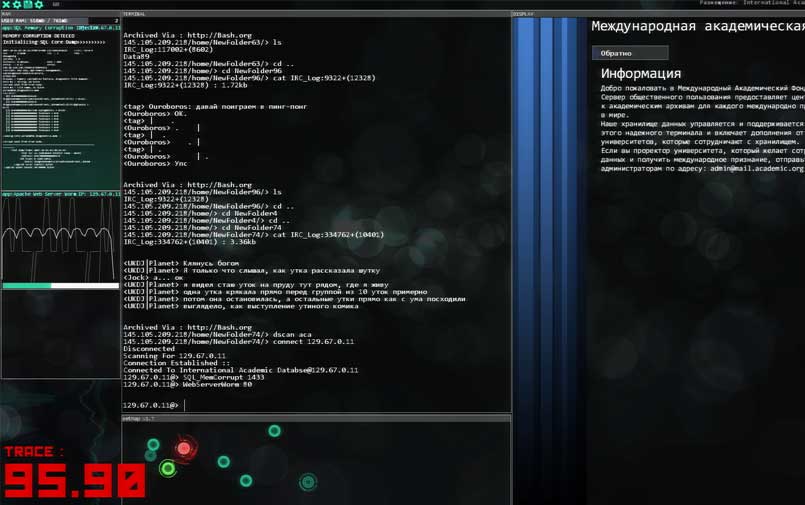BREAKING NEWS
2 Million T-Mobile Customers Should Brace for Spam and Robocalls
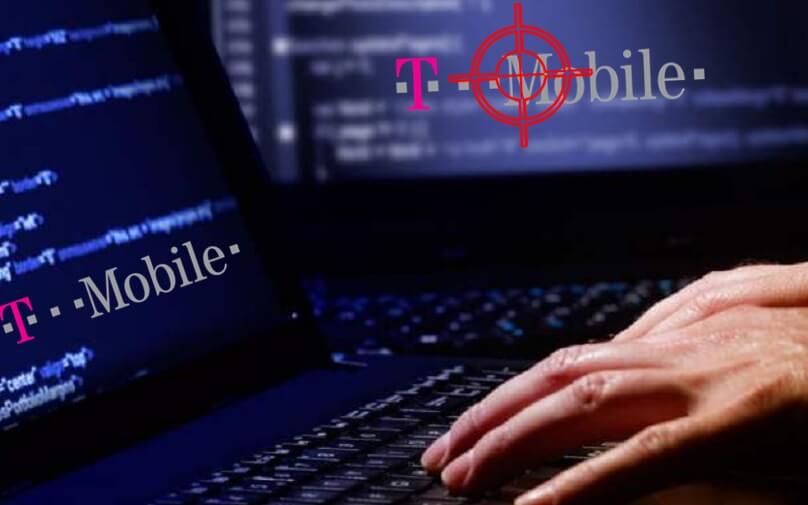
2 Million T-Mobile Customers Should Brace for Spam and Robocalls. And the hacking continues… T-Mobile, one of the United States’ largest telecommunications companies has suffered a security breach that affects two million out of its 77 million customers. The company is now among the list of high-profile security breaches this year alone which include Saks, Lord and Taylor, PumpUp, Sacramento Bee, Ticketmaster, Panera, UnderArmour and even Facebook.
The attack was discovered on August 20 and they were able to quickly shut down the attack. The attackers however netted over two million records that consist of customers’ personal information that include their names, phone numbers, type of plan, email address and account numbers.
That’s the bad news. The good news according to T-Mobile is that the attackers weren’t able to get away with important financial information like credit card numbers, passwords and social security numbers. However, they recently mentioned to CNET and Motherboard that some passwords may have been stolen but in encrypted form.
T-Mobile immediately notified those affected with SMS messages, phone calls, emails and snail mail and encourages customers to contact them back to advise them of necessary steps to protect themselves.
We take the security of your information very seriously and have a number of safeguards to protect your personal information… We truly regret that this incident occurred and are so sorry for any inconvenience this has caused you.
–T-Mobile spokesperson
Fortunately, one of those safeguards may be to keep the financial information on a separate server or database, otherwise, the perpetrators who are suspected to be from outside the United States, could have gotten away with much more. Another of those safeguards fortunately is encryption so T-Mobile is confident that the hackers won’t be able to read the stolen information.
However, T-Mobile’s encryption scheme is still in question according to some security researchers. They believe that T-Mobile is employing an MD5 algorithm for their encryption, which the company doesn’t confirm. MD5 is apparently an outdated algorithm no longer considered safe since way back 2012.
Hackers worth their salt might be able to break such encryption especially as some news sites have already outed the suspected algorithm. Thus, it’s best for the affected T-Mobile customers to take appropriate steps to increase their security or be aware of cyberthreats especially through email; or for T-Mobile to ensure that nothing suspicious reaches those two million affected customers through their messaging services.
T-Mobile is certain that nothing else outside the mentioned personal info was stolen, but those that were, remain significant (especially email addresses) in order for hackers to perform some identity theft or to at least sell the information to various marketing and advertising companies especially those dubious enough to perform spamming and phishing attempts.
Unfortunately for those two million victims, they may have to put up with a lot of spam for Viagra, Russian girls, credit applications and Nigerian royalty. They would also need to watch out for annoying telemarketers and robo-calls every other Tuesday. Their best bet short of junking their current plans, is to change their numbers immediately.
BREAKING NEWS
UK Fines Facebook over Cambridge Analytica Scandal
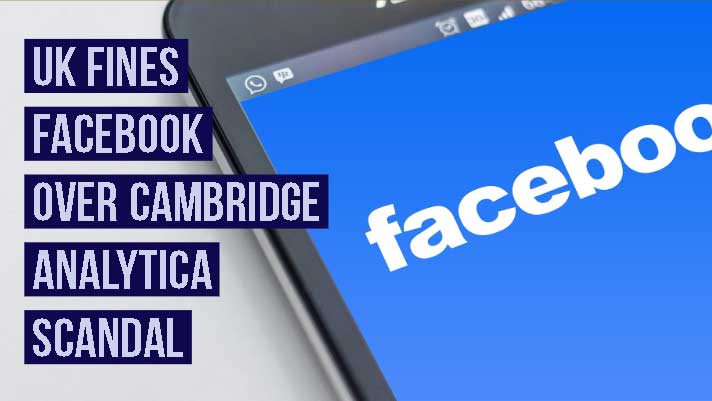
UK Fines Facebook over Cambridge Analytica Scandal. The UK has hit Facebook a fine of $645,000 for the Cambridge Analytica Scandal. It was revealed earlier this year that they had harvested the personal data of millions of profiles without the user’s consent and used it for political purposes. It is estimated that 87 million users were affected.
The fine has been enforced by the UK’s Information Commissioner’s Office (ICO) and was calculated using a pre-GDPR formula for data breach fines. Using the UK’s old Data Protection Act to fine Facebook, rather than GDPR they can only give a maximum penalty of £500,000, which is equal to what the social media giant earns every 18 minutes.
GDPR rules dictate a maximum fine of 4% of annual global turnover, which would be $1.6 billion. Unfortunately the the GDPR regulation wasn’t in place when the Cambridge Analytica story broke, coming into force in May 2018.
The UK investigation concluded that Facebook’s APIs had been allowing developers access to users information without them providing proper consent, for a long period of time between 2007 and 2014. Once they realized this loophole existed and patched it up, they did nothing to investigate the data compromised or ensure it was deleted.
[FACEBOOK] should have known better and it should have done better… We considered these contraventions to be so serious we imposed the maximum penalty under the previous legislation. The fine would inevitably have been significantly higher under the GDPR
Information Commissioner Elizabeth Denham said in a statement
Facebook has said they are reviewing the ICO’s findings and stated they “respectfully disagree” with some of the report, but admit they should have done more to protect users data. They also added that they found no evidence that British users profile information was shared with Cambridge Analytica.
BREAKING NEWS
Libssh Security Flaw leaves thousands of servers vulnerable to hijacking

Libssh Security Flaw leaves thousands of servers vulnerable to hijacking. A security flaw in libssh leaves thousands, and potentially more, servers vulnerable to an attack. Libssh is a multiplatform C library which allows users to remotely execute programs, transfer files, manage public keys and use a secure and transparent tunnel.
The security flaw, discovered by Peter Winter-Smith from NCC Group, allows a hacker to bypass the authentication process on the servers and gain access to the system without having to enter a password.
An attacker can do this by sending the SSH server “SSH2_MSG_USERAUTH_SUCCESS” message instead of the “SSH2_MSG_USERAUTH_REQUEST” message that a server usually expects and which libssh uses as a sign that an authentication procedure needs to initiate.
The libssh system will treat this message to mean the authentication has already taken place and allow the attacker access to the server. The flaw (CVE-2018-10933) was released in January 2014 in release 0.6.0.
It’s estimated that the vulnerability currently affects at least 3000 servers, however this is based on a small search and the scale of the problem is not yet known. There were concerns that the popular version control site for developers to work collaboratively on projects, GitHub, was affected but they have released a statement denying this. Github claims the way they use libssh means they are not vulnerable to this exploit.
“We use a custom version of libssh; SSH2_MSG_USERAUTH_SUCCESS with the libssh server is not relied upon for pubkey-based auth, which is what we use the library for,”
a GitHub security official said on twitter
While we use libssh, we can confirm that https://t.co/0iKPk21RVu and GitHub Enterprise are unaffected by CVE-2018-10933 due to how we use the library.
— GitHub Security (@GitHubSecurity) October 16, 2018
The security flaw is only on the server side, meaning users who have a libssh based SSH client installed on their computer will be safe from potential attackers looking to exploit this vulnerability.
While there are currently no public exploits available for the vulnerability, they are easy to put together so these are likely to pop up online in the coming days and weeks.
The team at libssh released versions 0.8.4 and 0.7.6 yesterday to handle this bug.
BREAKING NEWS
Ad Clicker Disguised as a Google Photos App has been Hosted on Microsoft Store.
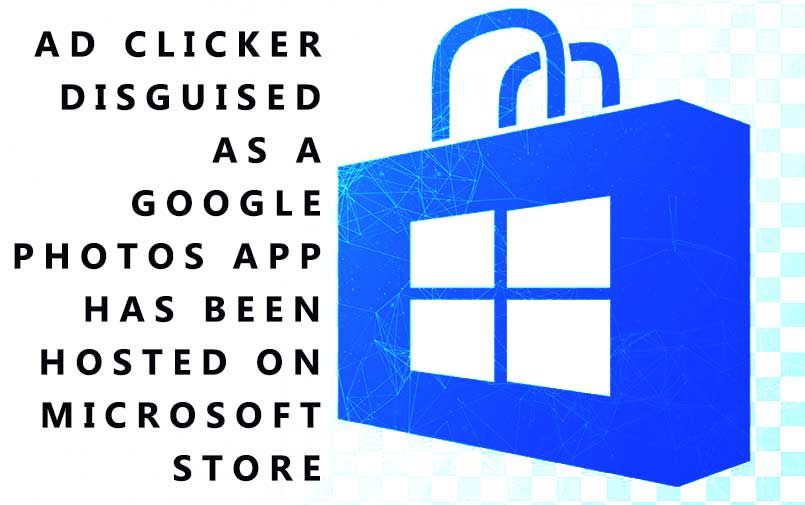
Ad Clicker Disguised as a Google Photos App has been Hosted on Microsoft Store.
A malicious app called “Album by Google Photos” was found to be hosted on the Microsoft store. The app was pretending to be part of Google Photos, but was in fact an ad clicker that generates hidden adverts within the Windows 10 Operating System.
The ad clicker app seemed credible to users because of its name, and also the fact it claimed to be created by Google LLC, Google’s actual Microsoft store account is Google Inc, but it looks unsuspecting to users. Microsoft came under some criticism for not realising the app was actually malicious software since the user reviews did highlight that the app was fake, with plenty of 1* reviews. One review states “ My paid Anti-malware solution detected several attempts to download malware by this app. Watch out”. The App was first released on the Microsoft store in May.
What did the application do?
The “Album by Google Photos” app is a Progressive Web Application (PWA), which acts as the front end for Google Photos and includes a legitimate login screen. Hidden in the app bundle is also an ad clicker which runs in the background and generates income for the app developers.
The app connects to ad URLS, and the ads were very similar to what users would see from typical adware, including tech support scams, random chrome extensions, fake flash and java installs and general low-quality sites.
Microsoft haven’t commented how this app managed to pass the Microsoft review process before ending up on the store. This is somewhat concerning since it could mean other malicious apps of a similar nature have flown under the radar and are still infecting user’s computers. We are waiting for Microsoft to comment on the issue.
-

 GAME REVIEW7 years ago
GAME REVIEW7 years agoTop Hacking Simulator Games Every Aspiring Hacker Should Play: Part 1
-

 DEALS7 years ago
DEALS7 years agoGreat Ethical Hacking Courses for Beginners
-

 HACKING NEWS7 years ago
HACKING NEWS7 years agoThe APT attacks hitting East Asia
-
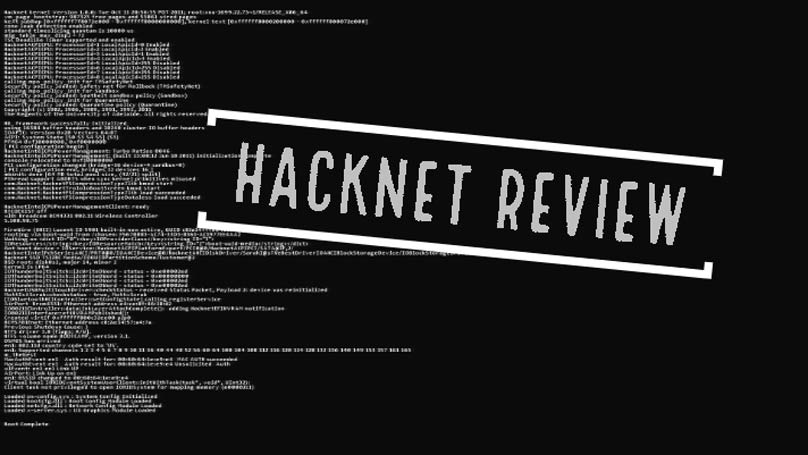
 GAME REVIEW7 years ago
GAME REVIEW7 years agoHacknet Review
-

 BREAKING NEWS7 years ago
BREAKING NEWS7 years agoUS Online Retail Company suffered a data breach affecting 6.5 million customers
-

 BREAKING NEWS7 years ago
BREAKING NEWS7 years agoUK Fines Facebook over Cambridge Analytica Scandal
-

 HOW TO7 years ago
HOW TO7 years agoHow To Become an Ethical Hacker – Beginners Guide
-

 DEALS7 years ago
DEALS7 years agoMusic, Voice and Sound interface kits: What you need to know

